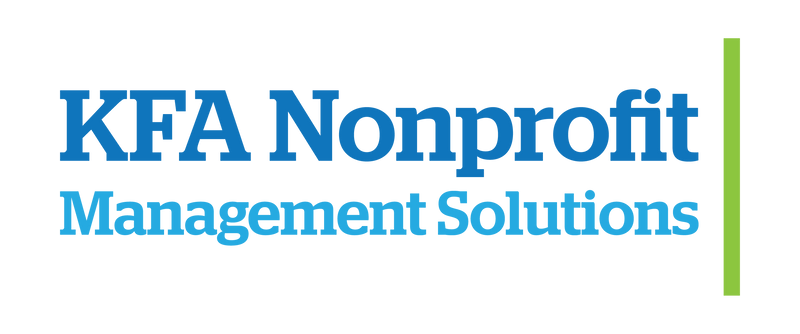Monies will be awarded by the Foreign and Agricultural Service to provide support internationally to feed school-aged children, reduce hunger, promote literacy (especially for girls), promote food security and enhance nutrition for mothers and their children in low-income, food-deficit countries committed to education and school meals. A grant has just become available to evaluate and reduce lead-based paint hazards in public housing. Another fantastic opportunity for humanities organizations had been announced which will enable infrastructure development and capacity building.
Foreign Agricultural Service
Grant Title: McGovern-Dole International Food For Education and Child Nutrition Program
Grant Info: https://www.grants.gov/web/grants/view-opportunity.html?oppId=300112
Details: The McGovern-Dole International Food for Education and Child Nutrition (McGovern-Dole) program supports feeding of school-aged children, reduces hunger, promotes literacy (especially for girls), promotes food security and enhances nutrition for mothers and their children in low-income, food-deficit countries committed to education and school meals. The program provides U.S. commodities and financial and technical assistance to achieve these goals. While McGovern-Dole projects are typically funded for five years, all projects in this announcement will be funded subject to availability of a fiscal year 2018 budget for McGovern-Dole.
US Department of Housing and Urban Development
Grant Title: Lead-Based Paint Capital Fund Program (LBPCF)
Grant Info: https://www.grants.gov/web/grants/view-opportunity.html?oppId=300095
Details: As authorized under the Consolidated Appropriations Act, 2017, $25,000,000 shall be available for competitive grants to public housing agencies to evaluate and reduce lead-based paint hazards in public housing by carrying out the activities of risk assessments, abatement, and interim controls (as those terms are defined in section 1004 of the Residential Lead-Based Paint Hazard Reduction Act of 1992 (42 U.S.C. 4851b))
National Endowment for the Humanities
Grant Title: Infrastructure and Capacity Building Challenge Grants
Grant Info: https://www.grants.gov/web/grants/view-opportunity.html?oppId=300114
Details: The mission of this Challenge Grants program is to strengthen the institutional base of the humanities by enabling infrastructure development and capacity building. Grants aim to help institutions secure long-term support for their core activities and expand efforts to preserve and create access to outstanding humanities materials. Applications are welcome from colleges and universities, museums, public libraries, research institutions, historical societies and historic sites, scholarly associations, state humanities councils, and other nonprofit humanities entities. Programs that involve collaboration among multiple institutions are eligible as well, but one institution must serve as the lead agent and formal applicant of record. Through these grants organizations can increase their humanities capacity with spend-down funds that generate expendable earnings to support and enhance ongoing program activities. Eligible activities include the documentation of cultural heritage materials that are lost or imperiled; the preservation and conservation of humanities materials; and the sustaining of digital scholarly infrastructure. Challenge grants may also provide capital directly supporting the purchase of equipment and software; the design, purchase, construction, restoration, or renovation of facilities needed for humanities activities; and collections sharing. Such direct expenditures bring long-term benefits to the institution and to the humanities more broadly. Grantee institutions may also expend up to 10 percent of total grant funds (federal funds plus matching funds) to defray costs of fundraising to meet the NEH challenge. Challenge grant funds (both federal and nonfederal together) must enhance the humanities in the long term. Challenge grant funds should not merely replace funds already being expended, but instead should reflect careful strategic planning to strengthen and enrich an institution’s humanities activities. Institutions may use challenge grant funds to meet both ongoing and one-time humanities-related costs, provided that the long-term benefit of the expenditure can be demonstrated.
